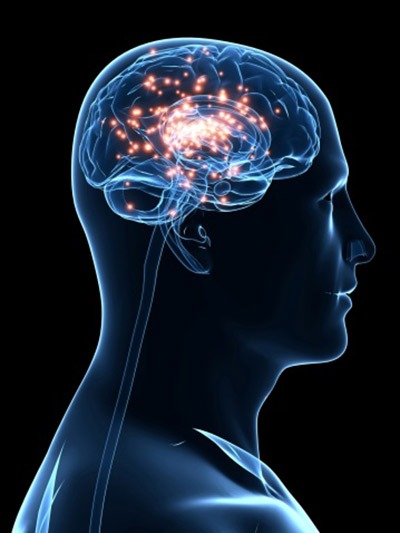
An analysis of Functional Neuromodulation’s ADvance Study has been presented at the 2015 Clinical Trials in Alzheimer’s Disease (CTAD) meeting in Barcelona, Spain. The analysis demonstrated acceptable safety of the treatment as well as an increase in glucose metabolism, suggesting potential clinical benefit.
The Advance study is a phase 2 double-blind randomised controlled trial of deep brain stimulation of the fornix (DBSf) for the treatment of mild Alzheimer’s disease.
“By applying electrical impulses to the circuit, ADvance results suggest that DBSf may keep the memory circuit active,” say Anton P. Porsteinsson, William B. and Sheila Konar Professor of Psychiatry at the University of Rochester and a member of the independent data safety monitoring board for the ADvance study. Porsteinsson states further, “The results are encouraging. The study demonstrated an acceptable safety and a suggestion of clinical benefit in a subgroup of patients, which is supported by improvement in a biological marker. This approach clearly merits further clinical investigation.”
Treatment with DBSf suggested clinical benefit at 12 months in patients aged 65 and older based on Clinical Dementia Rating sum of boxes (CDR-SB) and the Alzheimer’s Disease Assessment Scale cognitive subscale – 13 item, (ADAS-Cog 13). In patients treated with DBSf, glucose metabolism increased by an average of 22% 12 months, while the placebo group declined by 1.2% on average. The surgery and brain stimulation demonstrated acceptable safety and was well tolerated.
“Based on these results, we are advancing the DBSf clinical program to Phase 3 with plans to initiate enrolment in mid-2016,” says Vince Owens, CEO of Functional Neuromodulation.













